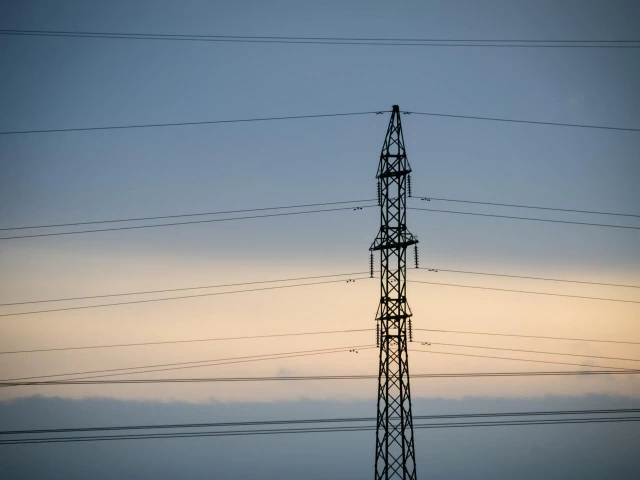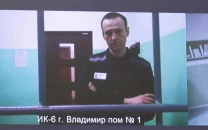Baltic nations disconnect from Russian power grid
Baltic states cut ties with Russia's power grid, joining the EU network to ensure energy security.

The three Baltic states on Saturday cut ties with Russia's power grid to join the European Union's network, the culmination of a years-long process that gained urgency with Moscow's invasion of Ukraine.
Estonia, Latvia and Lithuania -- all former Soviet republics that are now in the European Union and NATO -- had wanted to block Russia's ability to geopolitically blackmail them via the electricity system.
"We have removed any theoretical possibility of Russia using energy (grid) control as a weapon," Lithuanian Energy Minister Zygimantas Vaiciunas told AFP on Saturday.
The European Commissioner for Energy, Dan Jorgensen, said: "This is indeed a historic day."
"I like the light better when there's no Russian electrons involved," he told reporters in Estonian capital Tallinn.
"It's important to underline that this is about security... No European country should be dependent on Russia for anything," he added.
Vaiciunas said the Baltic states had completed the disconnection process at 9:09 am (0709 GMT).
Latvia later physically cut a power line to Russia.
"Now we have complete control over our power grid," Latvian Energy Minister Kaspars Melnis told reporters while holding a piece of the dismantled wire.
Vaiciunas said the Baltics were now operating in so-called "isolated mode" before they integrate with the European grid on Sunday.
A total of 1.6 billion euros ($1.7 billion) — mostly EU funds — have been invested in the synchronisation project across the Baltic states and Poland.
European Commission president Ursula von der Leyen was to attend a ceremony with Baltic leaders in Vilnius on Sunday.



















COMMENTS
Comments are moderated and generally will be posted if they are on-topic and not abusive.
For more information, please see our Comments FAQ